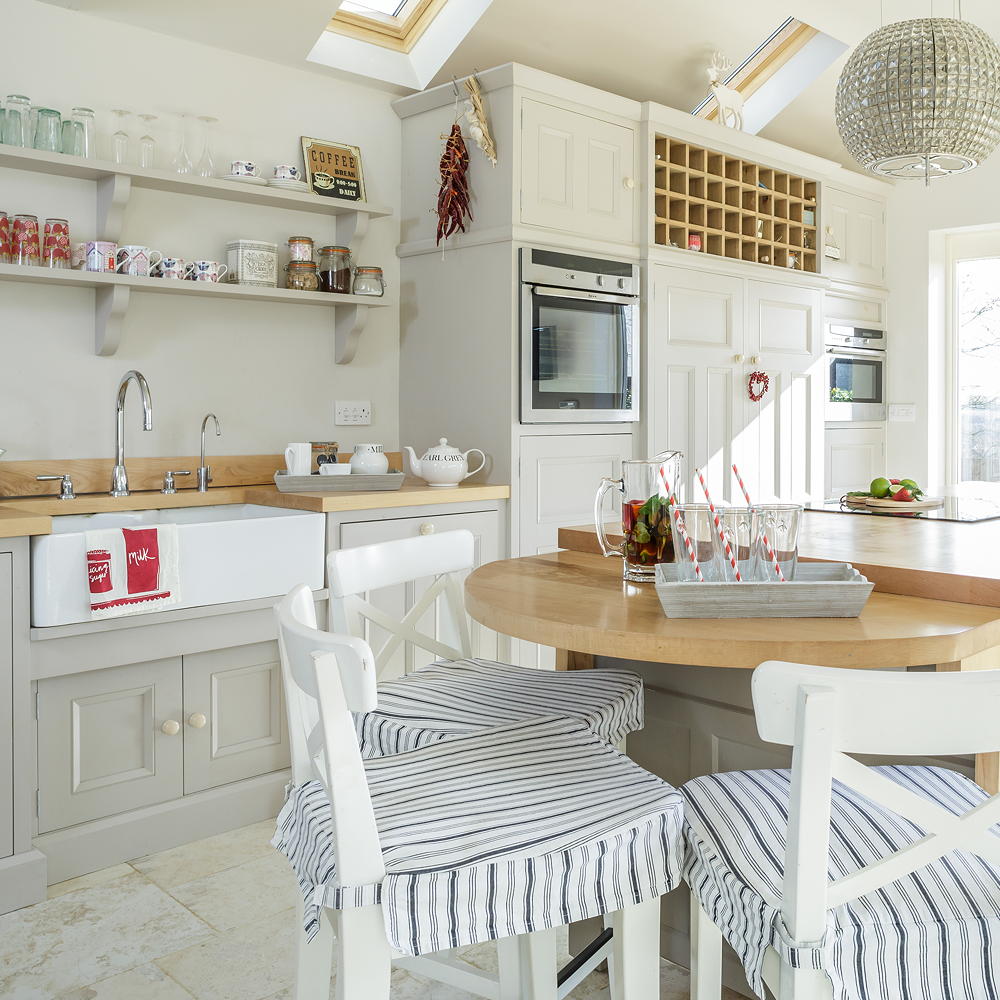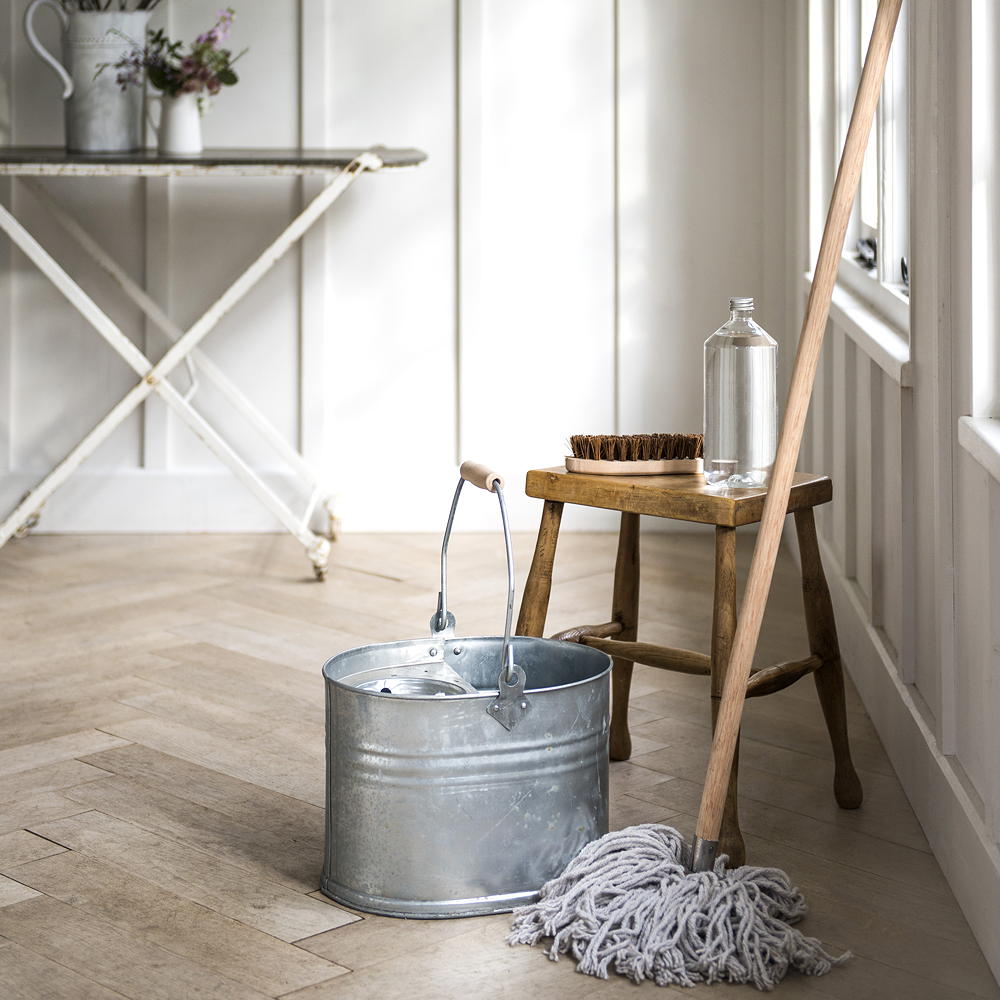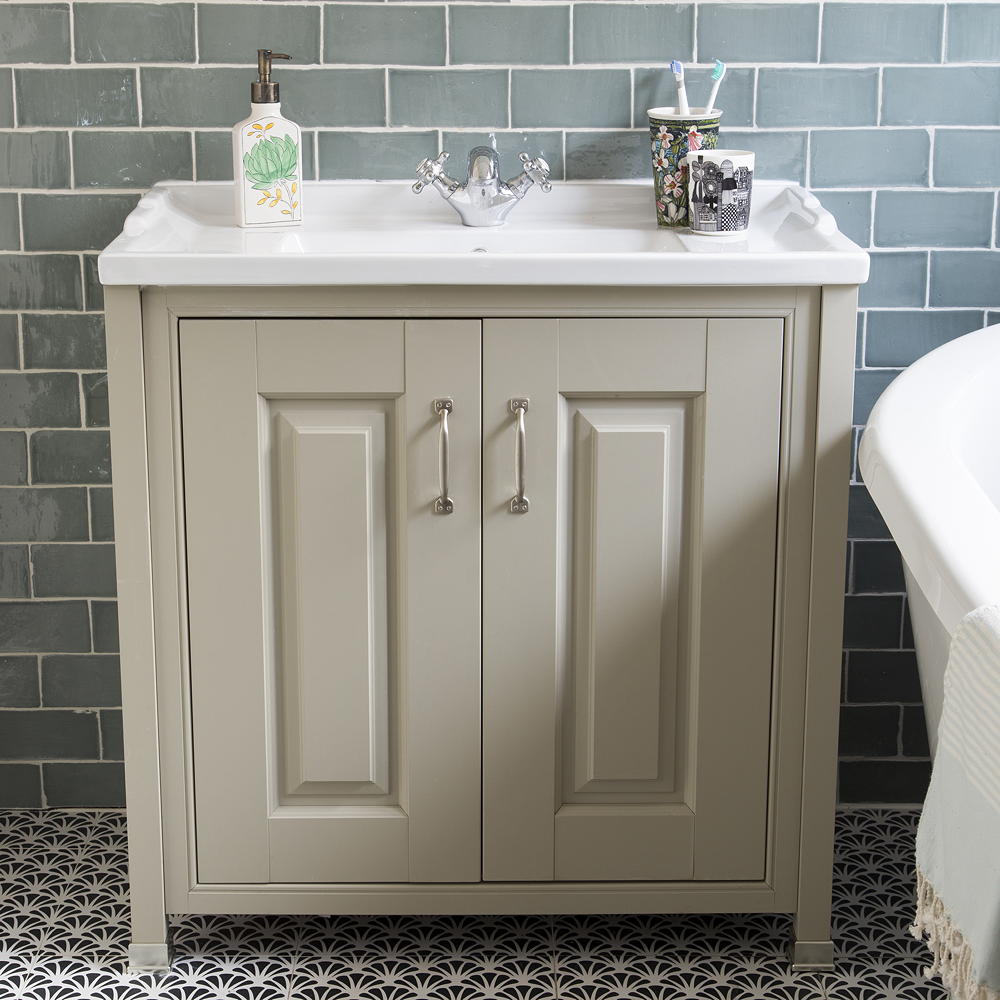Experts reveal the dirtiest room in our homes – and it's not the bathroom
Marigolds at the ready

If you were to guess which was the dirtiest room in the home, you'd probably put your money on the bathroom, right? Guess again.
Related: Mum dazzles the internet with amazing before and after pictures using 89p cleaning spray
NSF International, a global public health and safety organisation, found that your kitchen is home to the most germ-ridden items in your house. Dish sponges and the kitchen sink were the top two dirtiest items found in the home. Scientists from the organisation tested 30 surfaces in 22 homes to measure levels of yeast, mould, salmonella, E.Coli and staph germs to find the top 10 dirtiest household items.
Dirtiest room in the home
It might shock you to learn that the toilet seat didn't even make it onto the list. However, a bathroom item crept in as the third most germ-ridden object in the house – a toothbrush holder.

If you didn't already feel queasy at the idea of your kitchen sink holding more germs than your toilet. I'm sure you're cringing at the idea of your toothbrush sitting in a bacteria ridden container.
'While people may think areas such as the toilet seat are the dirtiest, it tends to be high-touch surfaces such as light switches and TV remotes,' Karen Holeyman, Dyson Senior Research Scientist told news.com.
'Food preparation surfaces such as chopping boards can harbour the most bacterial contamination, ' Karen adds. Chopping boards scraped in as the 10th dirtiest household item, after kitchen counters and stove knobs. Everyday items that live in the Kitchen took up 6 spaces in the top 10 list, making it the dirtiest room in the home.
Sign up to our newsletter for style inspiration, real homes, project and garden advice and shopping know-how

Dirtiest household items
See the full list of household items ranked from most to least dirty below:
1.Dish sponges and dishcloths
2.Kitchen sinks
3. Toothbrush holders
4. Pet bowls
5. Coffee makers
6. Bathroom faucet handles
7. Pet toys
8. Kitchen counters
9. Stove knobs
10. Cutting boards
However, this isn't just a case of dousing all the surfaces in bleach, much of the bacteria in the household exists as dust on mattresses, bedding, upholstery and carpets. Unfortunately, all items that are found in your bedroom.
'Household dust can also be a concern as it may contain allergens such as dust mile, faeces, pollen and bacteria,' Karen explains.

You are probably itching to pull your marigolds on after reading this, which is the best course of action. Frequently washing your hands and regularly cleaning high-touch and food preparation surfaces should help you keep control of those pesky germs.
Frequently hovering furniture and carpets should also keep any germ-ridden dust at bay.
Related: Step inside the immaculate home of Instagram cleaning sensation Mrs Hinch
We're now off to scrub the entire house from top to bottom.

Rebecca Knight has been the Deputy Editor on the Ideal Home Website since 2022. She graduated with a Masters degree in magazine journalism from City, University of London in 2018, before starting her journalism career as a staff writer on women's weekly magazines. She fell into the world of homes and interiors after joining the Ideal Home website team in 2019 as a Digital Writer. In 2020 she moved into position of Homes News Editor working across Homes & Gardens, LivingEtc, Real Homes, Gardeningetc and Ideal Home covering everything from the latest viral cleaning hack to the next big interior trend.